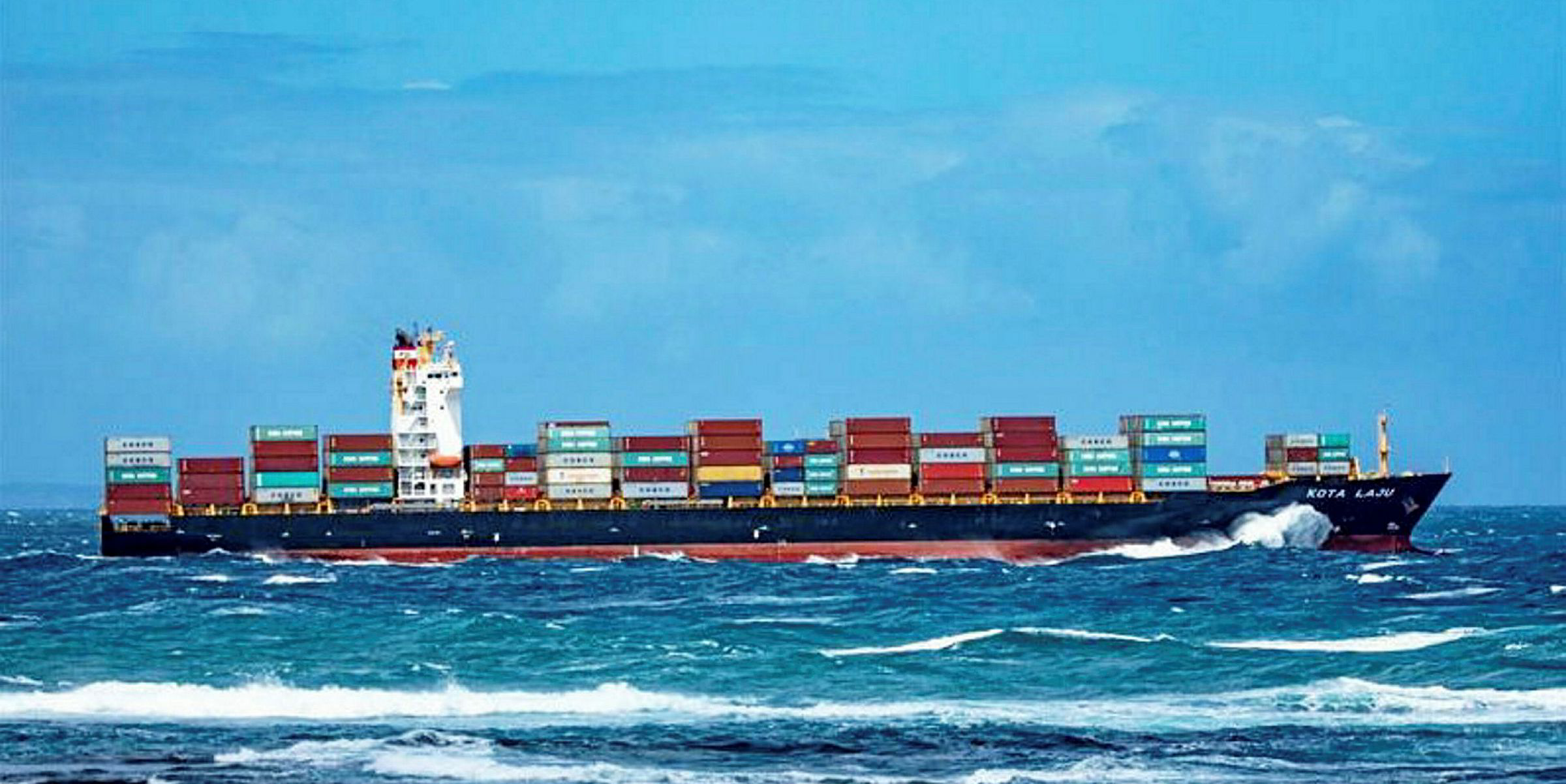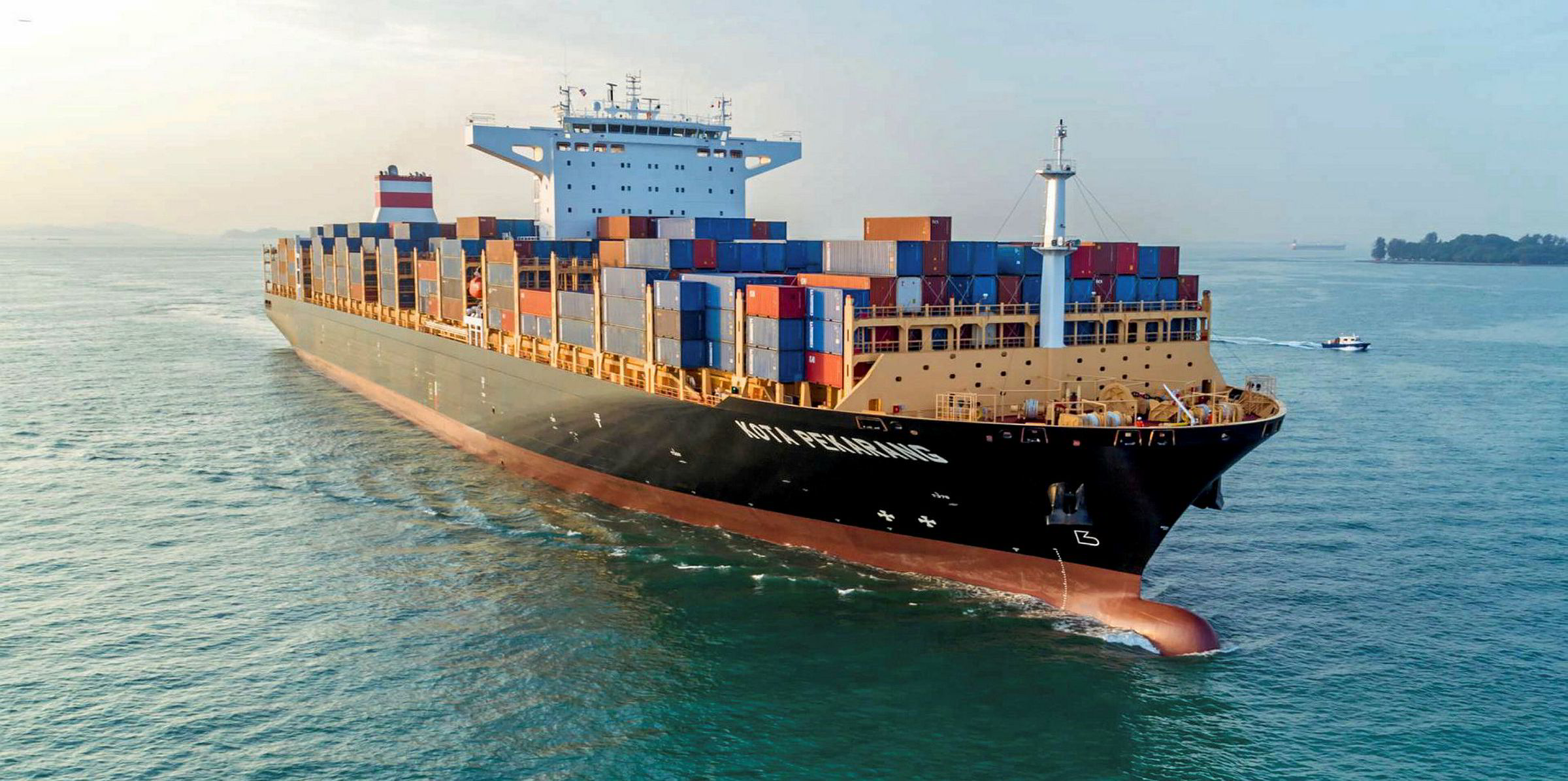Pacific International Lines (PIL) of Singapore is continuing to shed ships surplus to requirements as it restructures its route networks in the face of the Covid-19 pandemic.
The company confirmed reports by brokers this week that two of its small to medium-sized containerships have been sold.
It said it had capitalised on an improving S&P market to sell at strong valuations ships in excess to its current operational requirements.
The 4,250-teu Kota Laju (built 2007) was said to have been sold to Greek interests for $8.25, while the 1,728-teu Kota Jasa (built 2001) went to undisclosed interests with no pricing details mentioned.
At the same time, its supramax bulk carrier Glovis Maestro has been sold to a Marshall Islands-registered entity called Poplar Shipping for $9.2m and renamed Pacific Maestro.
Details have also come to light of a July sale of the 2,607-teu Kota Ganteng (built 2002) to Jakarta-based Temas Line. The vessel was recently delivered to the Indonesian domestic liner company and has been renamed Spring Mas.
Ship sell-off
PIL has engaged in a sell-off of unwanted ships since it ran into liquidity problems in the early part of this year, when its cash flow became aggravated by the coronavirus outbreak.
It then engaged in a major route rationalisation that saw it pull out of the transpacific market, and offload its 60% stake in South Pacific islands operator Pacific Direct Line.
Since then, the company has sold off nine containerships ranging from a clutch of feeder-sized vessels to four nearly new 11,923-teu panamaxes.
Chartered vessels have also been handed back to their owners.
The sales represent only a small fraction of the company’s overall owned fleet, which stands at just short of 100 containerships, multipurpose vessels and bulk carriers.
Further sales are likely to be few and far between, PIL indicated in an emailed response to questions from TradeWinds.
"Our service rationalisation has already been completed and there will be no further changes expected to PIL's service offering except those in the ordinary course of business."
Liner industry observers believe that pressure to sell prime assets was significantly eased by a $112m package of interim financing provided by Singapore-state investment company Heliconia Capital Management at the end of July.






